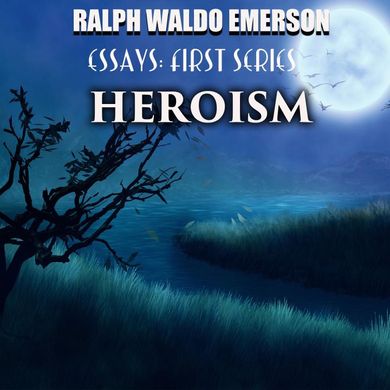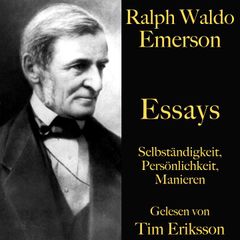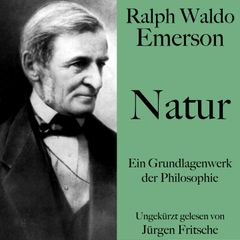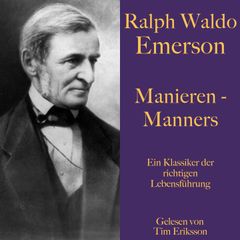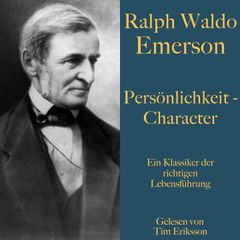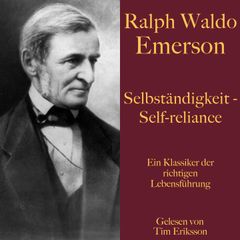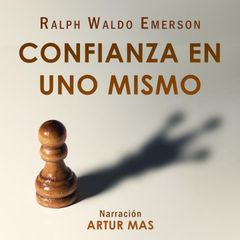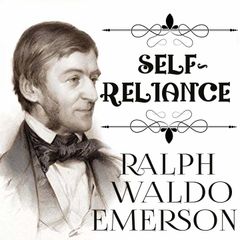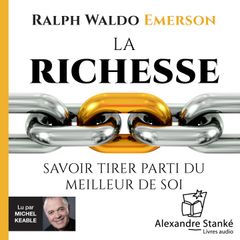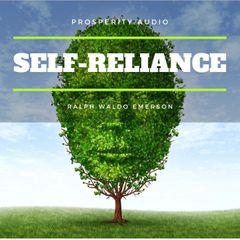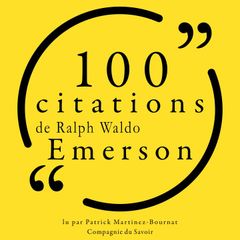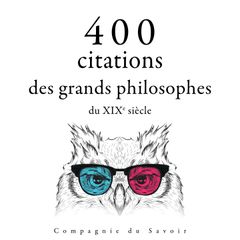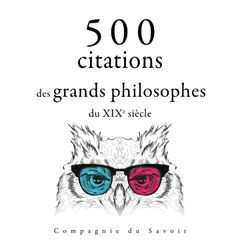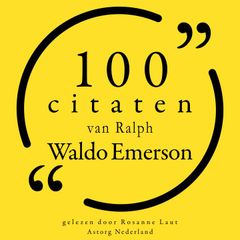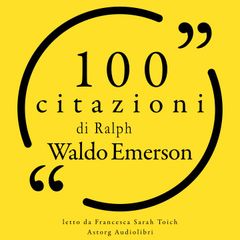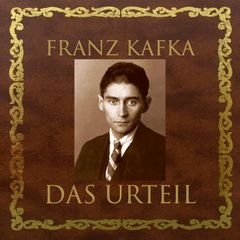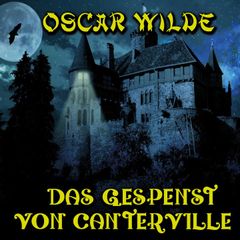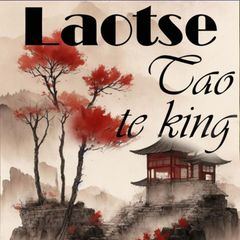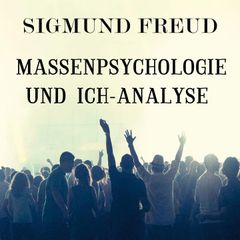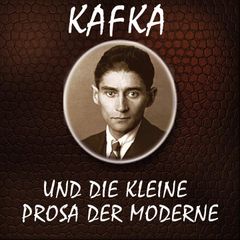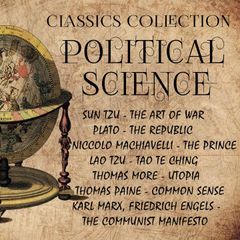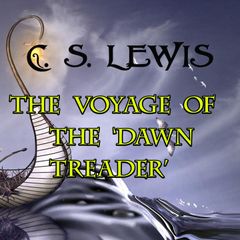- Audiolibro
- 2025
- 28 min
- Strelbytskyy Multimedia Publishing
Search Links
Título
Essays: First Series. Heroism
Descripción
True heroism does not seek applause. It does not wear armor or demand recognition. It walks quietly, steady in its purpose, untouched by fear or flattery. In Heroism, Ralph Waldo Emerson strips away the illusions of grandeur and reveals the essence of courage: a quiet, unwavering commitment to one's own principles.
This is not a celebration of warriors or conquerors but of those who face the world with integrity, who move through life unshaken by its storms. Emerson's hero is not molded by circumstance but by an inner law, a deep sense of self that refuses to bend to convention or compromise. True bravery, he argues, is not found in extraordinary moments but in the quiet persistence of a soul that remains true to itself.
Part of Essays: First Series, Heroism is an invitation to look beyond the theatrical and into the enduring. It is a reminder that the greatest strength is not in domination but in self-possession. To read it is to reconsider what it means to be fearless.
En listas públicas de estos usuarios
Este audiolibro no está ninguna lista
Detalles del producto
Editorial:
Autor:
Título:
Essays: First Series. Heroism
narrado por:
Idioma:
EN
ISBN de audio:
4069828298538
Fecha de publicación:
31 de marzo de 2025
Palabras clave:
Duración
28 min
Tipo de producto
AUDIO
Explícito:
No
Audiodrama:
No
Unabridged:
Sí
Sobre el autor:
Ralph Waldo Emerson (May 25, 1803 – April 27, 1882) was a writer, lecturer, and thinker who reshaped American intellectual life. Born in Boston into a family of ministers, he lost his father at eight and was raised by a fiercely determined mother. He attended Harvard at fourteen, briefly taught school, and then followed family tradition into the ministry. But the death of his first wife, Ellen, in 1831 shattered his faith in organized religion. He resigned from the church and set off for Europe, where he met the great minds of his time—Coleridge, Carlyle, and Wordsworth—who deepened his belief in individual thought over inherited dogma.
Back in America, he settled in Concord, Massachusetts, and became the leading voice of transcendentalism. His 1836 essay Nature called for a new way of seeing the world—one that placed intuition above reason and the divine within the self. His lectures and essays, including Self-Reliance and The American Scholar, urged Americans to trust their own voices rather than look to Europe for intellectual authority.
A magnetic speaker, Emerson crisscrossed the country delivering lectures on topics ranging from history to self-improvement. He mentored Henry David Thoreau and influenced countless others, from Walt Whitman to Friedrich Nietzsche. Despite his growing fame, he remained a private man, happiest in his study or walking through the woods of Concord.
In later years, his memory faded, and he quietly withdrew from public life. Yet his words endured, shaping generations of writers, philosophers, and seekers. His call for self-reliance and intellectual independence remains as relevant today as it was in his time.
